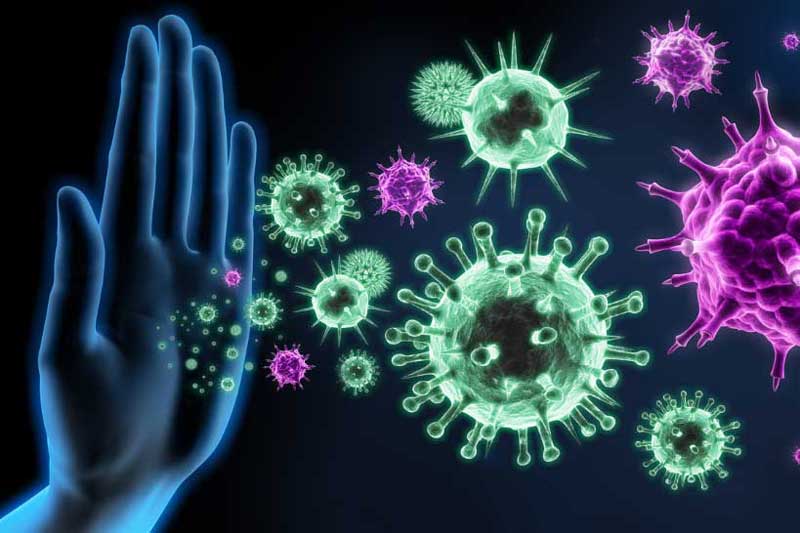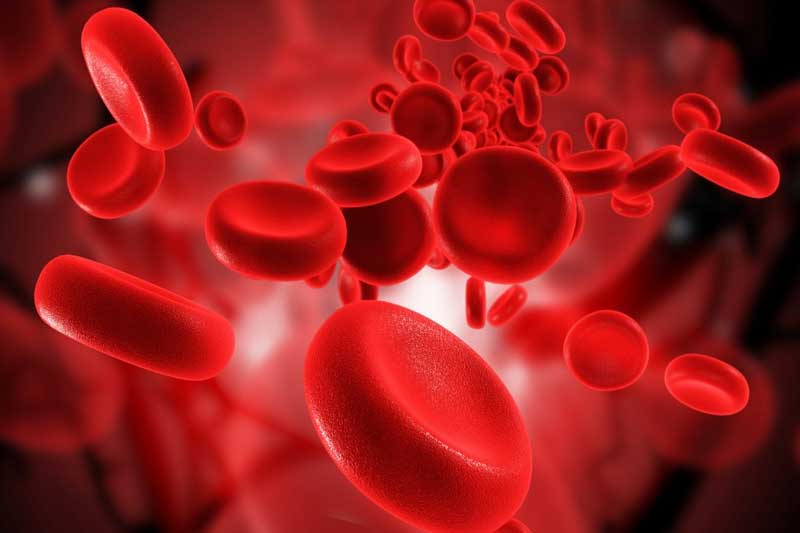Are you concerned that you may be suffering from an immune deficiency?
Immunodeficiencies are no longer uncommon diseases. While susceptibility to infections is now well recognized as a symptom of most fundamental immunodeficiencies, some kids will exhibit non-infectious symptoms that should be evaluated by an immunologist. Immunodeficiency in kids can have a variety of secondary reasons, which providers should examine.
Your immune system is a collection of cells & proteins that work together to keep viruses, infection, and diseases out of your system. Your immune system releases cells to kill bacteria or germs that have entered your system. These cell defenders may not have the resources to strike and remove the evil guys if your immune system isn't functioning properly. Immunodeficiency disorders occur when your immune system is weak or weakened. There are hundreds of distinct types of immunodeficiency illnesses, as well as several treatment options.
Immunodeficiency Disorder Categories
Immunodeficiency disorders can be divided into two categories. Immunodeficiency disorders that are inherited, or basic immunodeficiency diseases, are conditions that you are born with. Secondary immunodeficiency illnesses, also known as developed immunodeficiency diseases, are illnesses that you acquire or develop later in life. When such fighter or protector cells or enzymes are missing at birth, primary immunological diseases develop. Immunodeficiency disorders are classified into two types:
Primary: These are genetic defects that are usually hereditary and are usually present at birth. They usually appear during infancy or childhood. Some basic immunodeficiency disorders, however, such as prevalent variable immunodeficiency, are not recognized until adulthood. There are over 100 different types of primary immunodeficiency abnormalities. All of them are uncommon.
Secondary: These abnormalities usually appear later in life and are often the result of drug use or another disease, such as diabetes or human immunodeficiency virus (HIV) disease. Acquired immune abnormalities, which are more prevalent than primary immunodeficiency illnesses, are caused by a disease, medication, or injury that compromises your immune system. Chemotherapy, radioactivity, diabetes, or severe burns, for instance, can all result in immune system deficiency. Among the acquired immune-compromised disorders are,
HIV/AIDS, Immune System forms of Cancer such as Leukaemia, viral hepatitis, multiple myeloma, and others.
How are immune system disorders identified?
Vaccines can exam your immune reaction in a procedure known as an antibody test. Your doctor will administer a vaccine to you. People will then test your blood a few weeks later to see how it reacts to the immunization. If you do not have an immune deficiency, your immunologic system will produce antibodies to combat the microbes in the vaccine. If your blood test results do not show antibodies, you may have a disorder.
What are the treatment options for immunodeficiency disorders?
The diagnosis for each immunodeficiency disease will vary depending on the condition. AIDS, for instance, causes a variety of infections. Each infection will be treated with medication prescribed by your doctor. If necessary, you may be given an antiretroviral to treat your HIV infection. Antibiotics and immunoglobulin therapy are commonly used to treat immunodeficiency disturbances. Other antiviral drugs, such as amantadine and acyclovir, as well as a drug known as interferon, are being used to treat viral infections induced by immunodeficiency abnormalities.
Dr. Mitesh Halvawala, an Oncologist at Sanguine Clinic, uses biologic infusion therapy, which substitutes missing infection-fighting antibodies, and other infusion therapies to treat or prevent several scenarios.
We create a personalized treatment plan to treat your disease while preventing infections and consequences.
Contact Sanguine Clinic or schedule a meeting through this website for more information on the symptoms, prognosis, and treatment options for immunodeficiency disorders.



